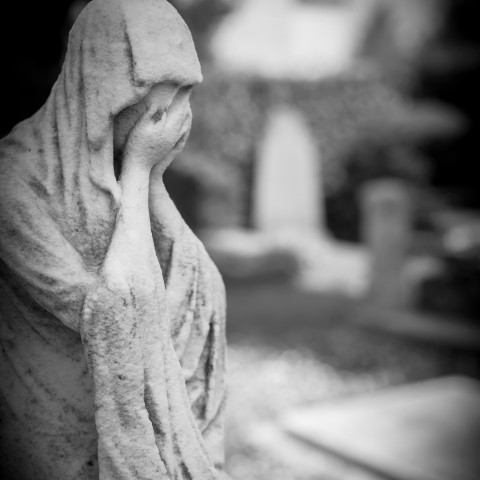On grief, and not theologizing about it
My son’s death did not evoke in me an interest in the problem of suffering.

On Sunday afternoon, June 12, 1983, I received a phone call that shattered my comfortable life and divided it into before and after. The call was from our son Eric’s landlady in Munich, Germany, where Eric was doing research for his doctoral dissertation in architectural history.
“Mr. Wolterstorff, I must give you some bad news.”
“Yes.”




